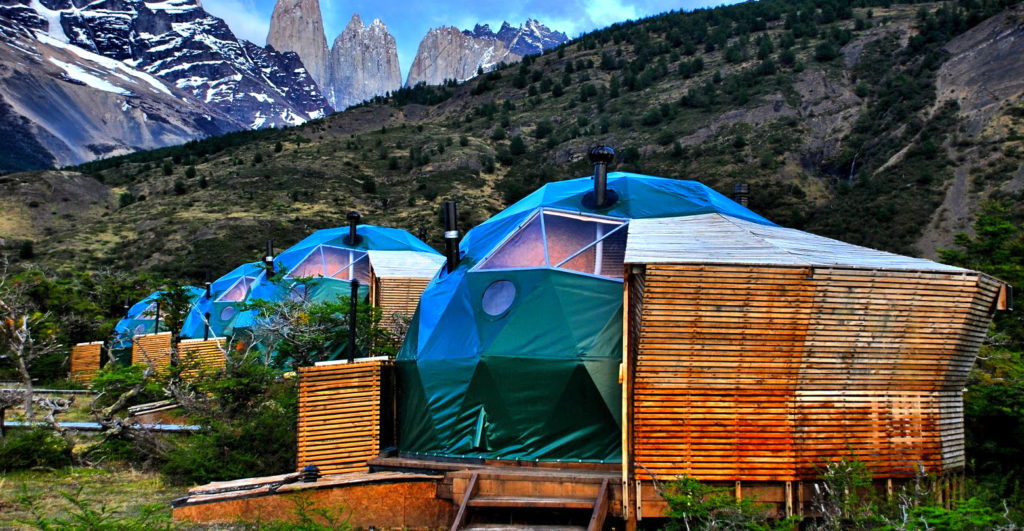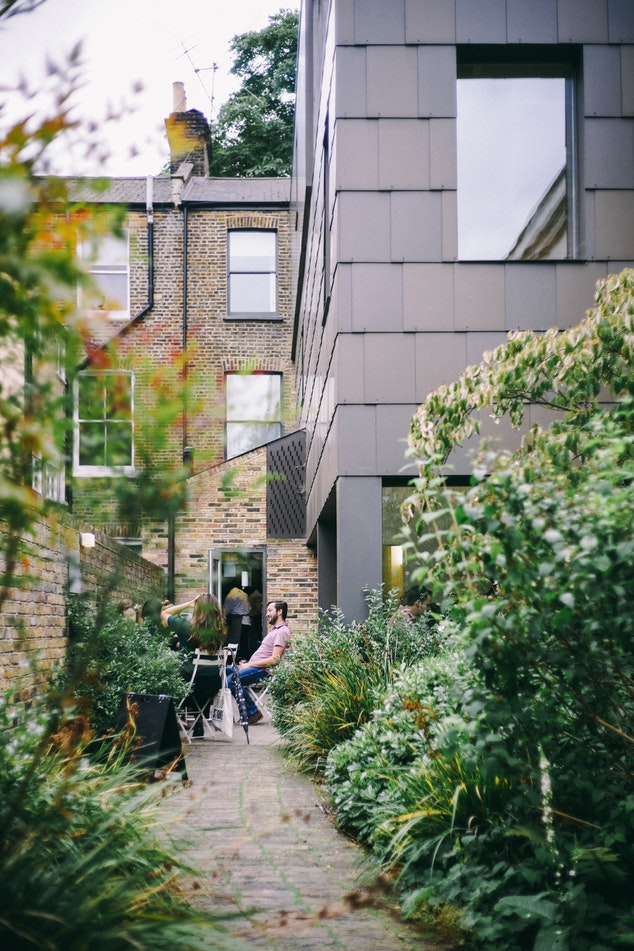Building a home from scratch may be one of the best ways to prioritize sustainability. However, a new build may not be an option for all home buyers. Additionally, buying a previously owned house can reduce material waste. This guide covers a few tips for considering sustainability when buying a new home.
1- Consider Location
Location is an important consideration. Not only does where you live affect your and your family’s health, but it also significantly impacts sustainability efforts. Consider how nearby buildings and neighborhoods are built and with what materials. Some buyers may even consider homes in one of Arizona’s smart communities.
The Bill Gates Arizona Smart City is one of the most popular communities, but other options are also available in the state. Other cities have also promised to shift toward a more sustainable environment, including the Scottsdale Smart City Initiative and the Phoenix new smart home community, Karma. The good news is that you have many options in Arizona, as they currently lead in the smart space.
2- Carefully Inspect the Home’s Materials
Inspect any homes you’re considering, including the materials it’s made with. Consider how often you’ll have to repair or renovate the home’s existing materials. Check the home for any amenities that may improve its energy efficiency, including inspecting the windows. The windows should be durable and have good sealing that blocks external heat or cold.
You might also check for Energy Star-certified appliances, good insulation, and a programmable thermostat. Of course, these are features that you could add to the home if you decide to buy it.
3- Check Nearby Amenities
What amenities are nearby also affects how sustainable a home is. For example, choosing a home downtown means you can rely on public transportation rather than your own personal vehicle. Choosing a home located near your work or school also reduces your carbon footprint by commuting less. A home near the shops and restaurants you frequent most can also reduce how much gas you use. You can also use this as an educational opportunity to teach your children about sustainability. Educate them on the ways to reduce their impact, such as riding their bicycles.
4- Renovate Rather Than Replace
A competitive market can sometimes make finding a home that meets all your sustainability requirements difficult. This doesn’t mean that you have to give up on a home you love just because it’s not made with sustainable materials. You’re also making a difference if you’re willing to renovate with durable, sustainable materials.
Renovate rather than replace materials in the home when possible. Use recycled or reclaimed materials for floors, walls, stairs, and cabinetry. A home loan may give you enough money to buy the home and make any necessary repairs, like improving efficiency. Arizona also offers a number of efficiency programs and rebates, which can help you turn your dream home into one that’s also energy efficient. Contact a mortgage lender specializing in Arizona home loans to learn about your options.
5- Consider Size
The size of the home you choose affects the quantity of materials used during renovations and repairs. Choose a square footage that meets, but doesn’t exceed, your and your family’s needs. In addition to less maintenance and upkeep, a smaller house uses less heat and electricity, which means cost savings for you.
Size needs will vary, depending on the size of your family and everyone’s personal preferences. Some real estate experts recommend a 2,400-square-foot house for a family of four. Of course, the home’s layout may also affect how much room you need. A home with a large basement may mean a smaller upstairs area is more acceptable.
6- Check Out the Yard
The size and layout of the yard of any home you’re considering also affect sustainability. Homes with large, mature trees on the property can help control heating and cooling costs and use. Even if the yard doesn’t yet have strategically placed landscaping, you may be able to add it yourself if it’s large enough.
You can make your yard more sustainable with organic mulch by planting a native garden and growing your own fruits and vegetables. The sustainability options are endless, you just need to ensure any home you’re considering has enough room. You can also install a smart irrigation system that keeps your yard in great condition without wasting water output.
Keeping sustainability in mind while shopping for your dream home offers many benefits, including lower utility costs and a healthier environment for your whole family. You’ll also rest easy knowing that you’re doing your part in reducing your environmental impact.



